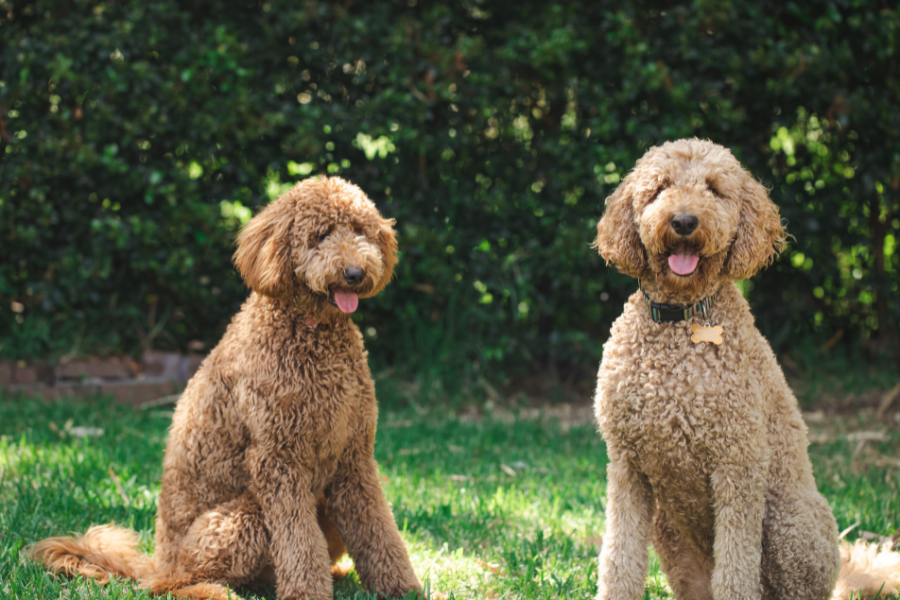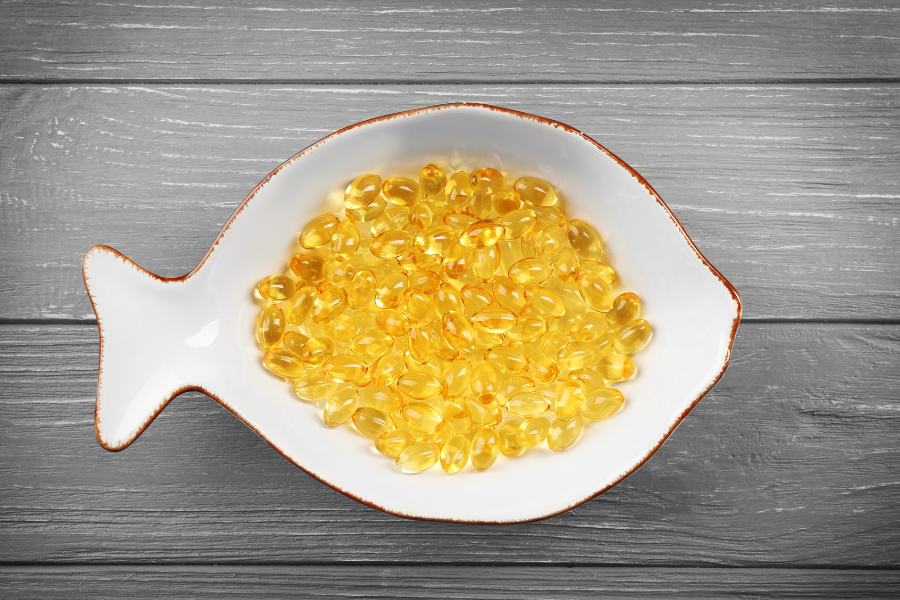It’s every dog owner's dilemma, a moment of bewildering repulsion mixed with helpless concern. The seemingly inexplicable 'scooting' behavior. If your pup is dragging their derrière across your living room rug with a fervor that can only be described as—frantic, fear not; you're not alone in this! And although it's tempting to laugh off the situation as one of nature's quirks, it's worth addressing seriously.
What is Dog Scooting, and Is It Serious?
At its core, dog scooting is not a new form of canine backup dancing, but a common sign of an underlying issue related to the butt region. Usually, it’s the dog's way of attempting to alleviate irritation or itchiness. Why exactly do they do it? The reasons run the gamut from anal glands needing expressing (yes, your dog has those too!) to worms or even more serious issues like tumors. It might even be due to a bad case of itchy skin caused by allergies. While the occasional scoot might not be cause for panic, frequent scooting should prompt a deeper investigation.
Assessing The Scoot Situation
Solving the scoot is a bit like peeling an onion—you might have to unlayer a few problems to find the root cause (pun intended). In the meantime, it's not a bad idea to check if your dog's hygiene routine is up-to-snuff. Here are some simple steps to take before getting into the nitty-gritty of home remedies:
- Assess Their Diet: Sometimes, a change in diet can lead to softer stools and more frequent scooting. Ensure they're getting the right nutrition.
- Anal Gland Expression: If the glands are full, a professional vet groomer can give your dog the relief they're looking for.
- Worms Be Gone: Regular vet visits can keep worms at bay. Deworming might be the answer to your problems.
- Keep it Tidy: Clean the area regularly to lessen the chances of secondary infections or other complications.
Now, for the moment you’ve been waiting for—home remedies that could help halt the scoot!
Nifty Home Remedies to Stop the Slide
Before scheduling a panic-inducing vet appointment, consider trying out these nine home remedies, which might just do the trick.
Fiber Up Their Life
I know what you're thinking — more fiber for the dog, really? But hear me out! Just like when we need to readjust our diets, so might your pooch. Adding a little bit of canned pumpkin to their meals (about 1 teaspoon per feeding for small dogs and a tablespoon for large pooches) might firm things up just right, making for less itch-inducing bowel movements.
Sometimes, It’s a Bath Thing
Don’t underestimate the power of hygiene. Giving your dog a warm bath can soothe skin irritations and might just be a simple fix. Use hypoallergenic shampoos for sensitive skin and make sure your furry friend dries thoroughly to prevent any further issues.
Cool It Down!
When it comes to skin itchiness, cold might be your golden remedy. Try applying a cold compress (a soft, clean cloth soaked in cold water and wrung out) to the affected area for a couple of minutes at a time, several times a day.
Go (Almost) Mediterranean
Known for its antimicrobial and wound-healing properties, olive oil applied topically on the affected area can reduce the itch and speed up the healing of minor skin lesions. A massage for your dog and relief for their itch; it’s a win-win.
Apple (Cider) of Your Dog’s Eye
Apple cider vinegar is touted for its many benefits in humans, and for dogs, it can potentially help with healing and disinfecting the skin. Mix it with water (about a 1:1 ratio), and spray it or dab it gently on the affected area a few times a day.
To Piña Colada or Not to Piña Colada
Usually, milk is a no-go for dogs, but coconut milk is a different story. Its anti-inflammatory properties may alleviate the discomfort and reduce scooting. Just a small amount in their food is all it takes!
Calendula Cream for Canines
This herbal remedy isn’t just for show. Calendula cream can be beneficial for itching, allergies, and minor sores on your pet. Even the fussiest of dogs won't mind a bit of this gently massaged into their skin.
A Swirl of Omega-3s in the Bowl
Ah, the magic of Omega-3 fatty acids! Not just a fancy supplement for the humans but a veritable elixir for our furry companions too. By incorporating fish oil or flaxseed oil into your dog’s diet, you’re gifting them with a luxurious coat and easing any inflammatory woes that contribute to the dreaded scoot. Just a drizzle of these oils over their dinner could spin the tale towards a happier, itch-less end. Whether it’s the fishy goodness of salmon oil or the earthy touch of flaxseed, you're sure to find your pooch swirling in delight at the newfound zest in their meal, and perhaps, bidding adieu to scooting.
Probiotic Pals
Balance is key. Adding a pet-specific probiotic to your dog's diet can help regulate the good and bad bacteria in their system. Often, an imbalance can lead to scooting.

SHOP DOG PROBIOTICS
Tea Time
Specifically, with teas that have natural calming properties, such as chamomile and green tea. Brew a cup, cool it down, and use a cotton ball to apply the tea to the affected area. Just like humans, dogs can see some relief from topical application of tea.
A Scoot-Free Future
Understanding and addressing the cause behind your dog's scooting is much like solving a mystery novel. Each dog's story is unique, and the remedies might need to be adjusted according to your pooch's specific situation. While the scoot itself may seem like trivial behavior, it's your dog’s way of saying something isn’t quite right. By using these home remedies, you can make your living space a no-scoot zone. But always keep in mind, when in doubt, it's best to consult a professional — even if it’s just to rule out any serious issues.
Prep for Prevention
Whether or not these remedies are the final solution, preventative care is always a smart move. Maintaining a healthy diet, using the right hygiene products, and paying attention to your dog's behavior can make all the difference. After all, it’s in our best interest to keep our four-legged friends’ backsides in tip-top shape.
When it’s Time to Scoot to the Vet
If you've tried these home remedies and your beloved pooch is still at it, never hesitate to book a vet appointment. It might be a simple fix they can address, or it may be the key to diagnosing a more complicated health issue early. In any case, it's always better to be safe than sorry when it comes to your loyal companion’s health and happiness.
References:
Raza, A., Rand, J., Qamar, A., Jabbar, A., Kopp, S., (2018). Gastrointestinal Parasites in Shelter Dogs: Occurrence, Pathology, Treatment and Risk to Shelter Workers. Published online at: https://www.ncbi.nlm.nih.gov/pmc/articles/PMC6070783/



